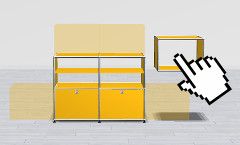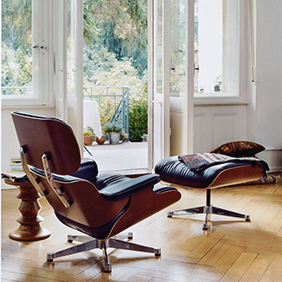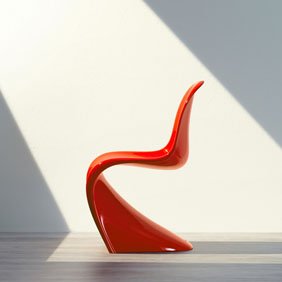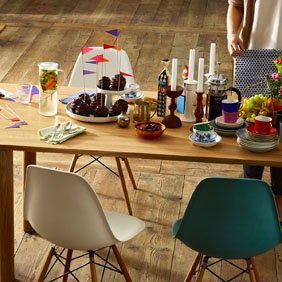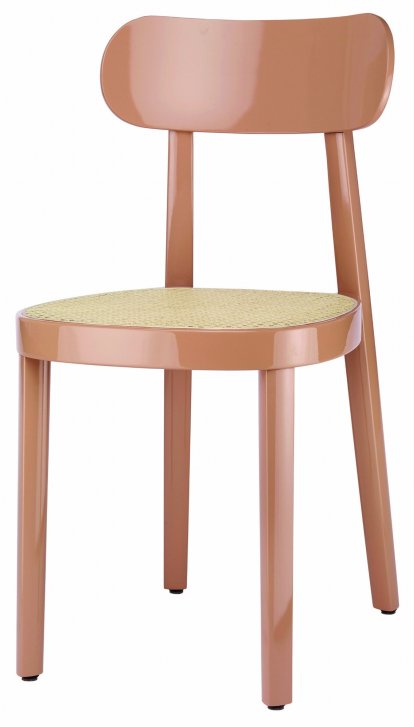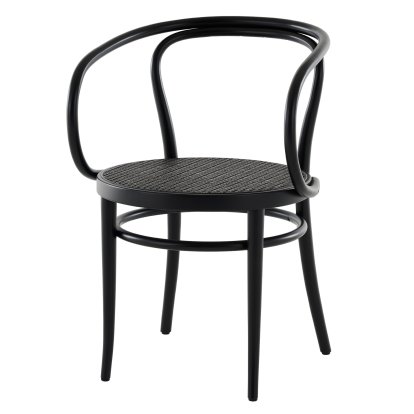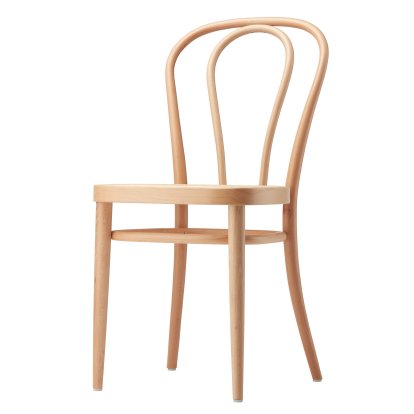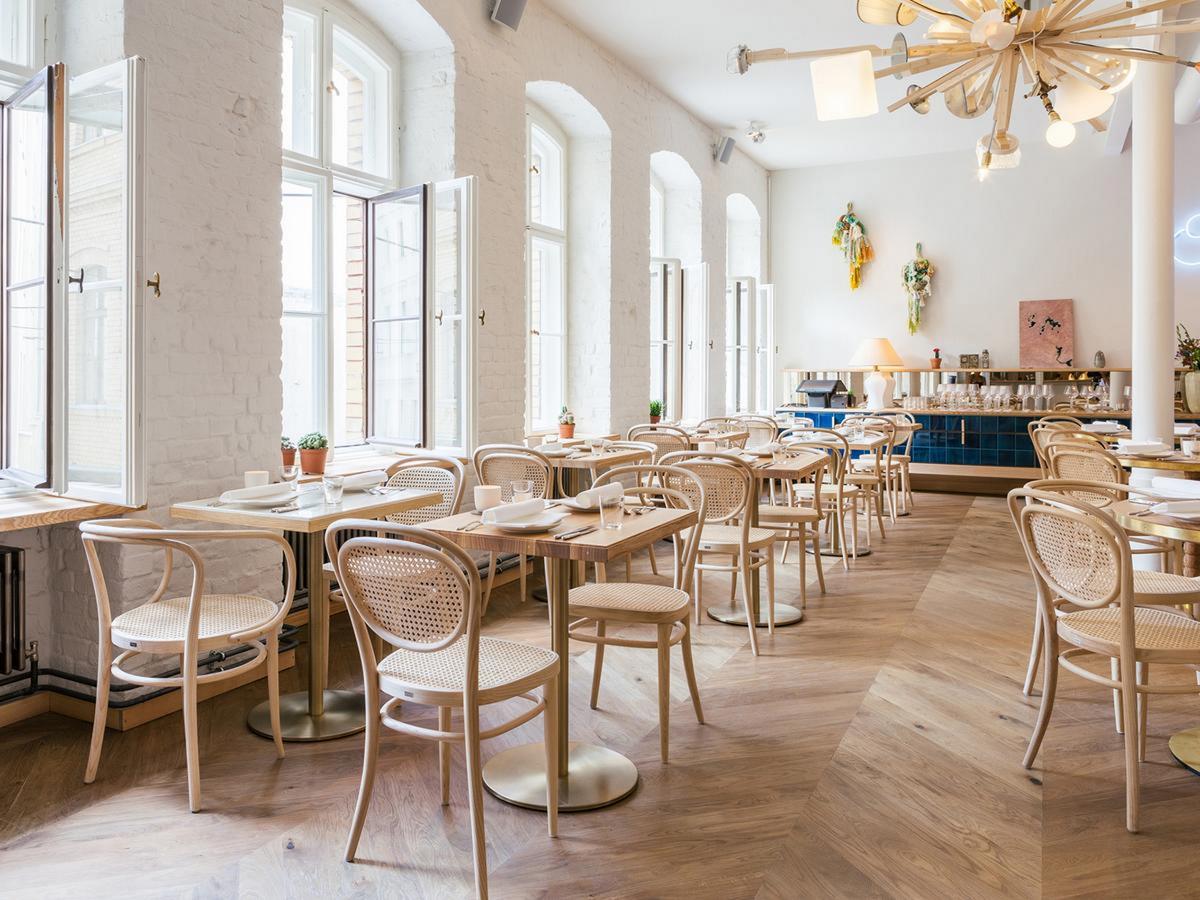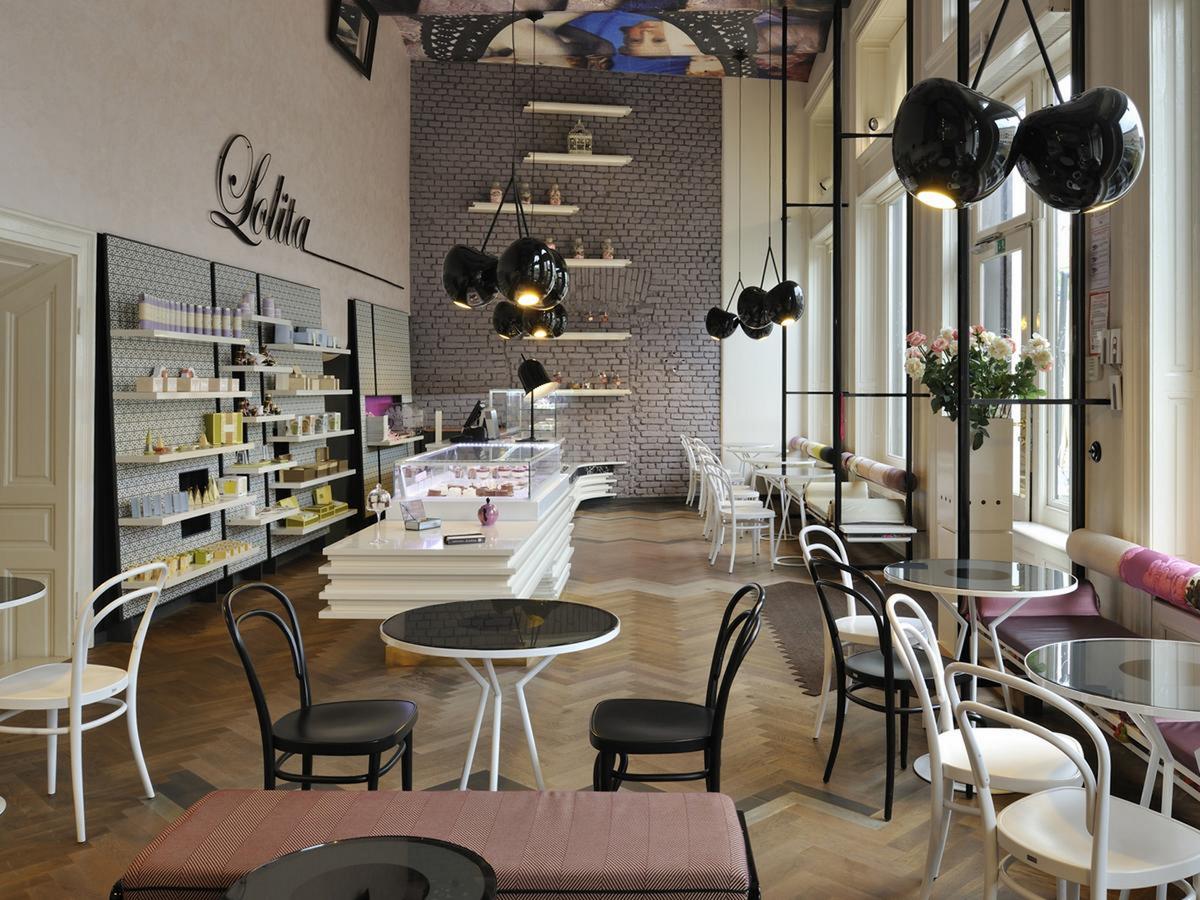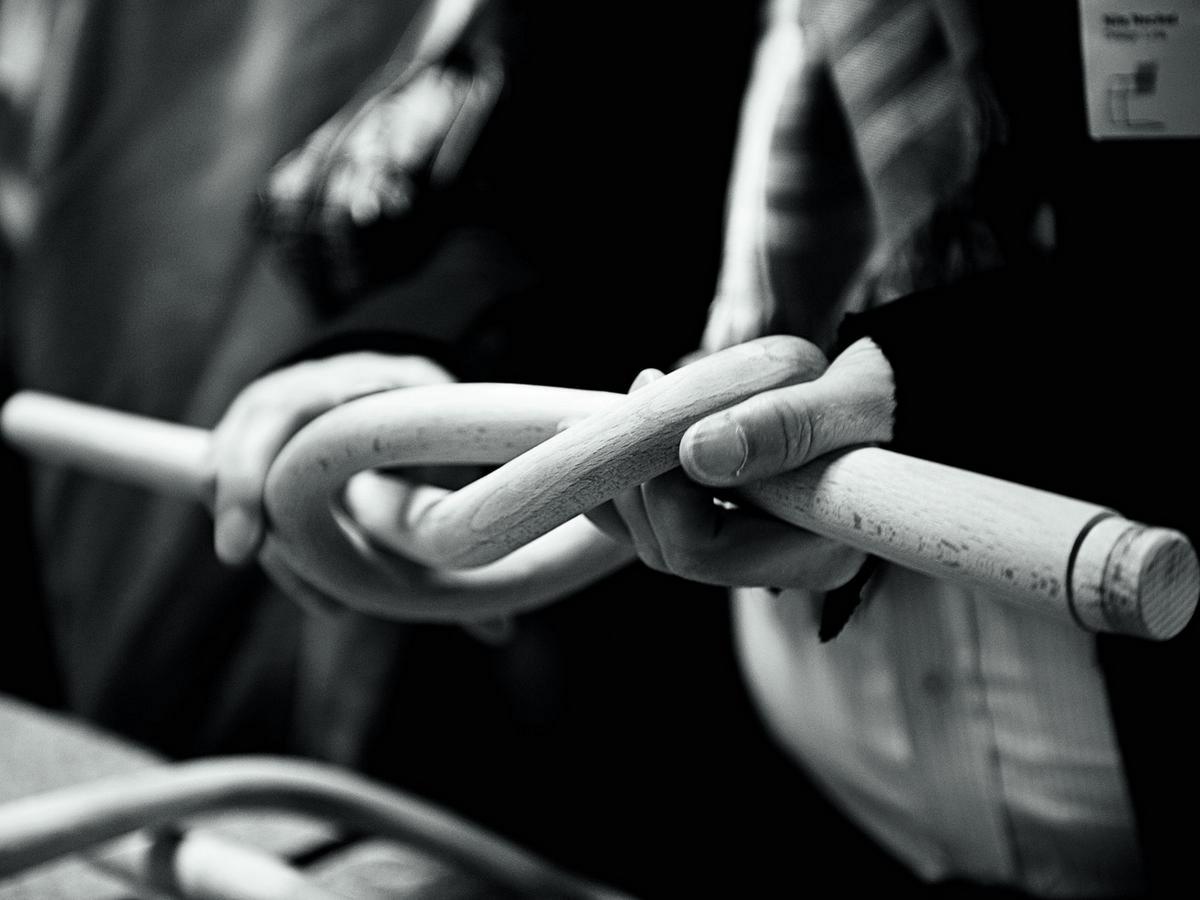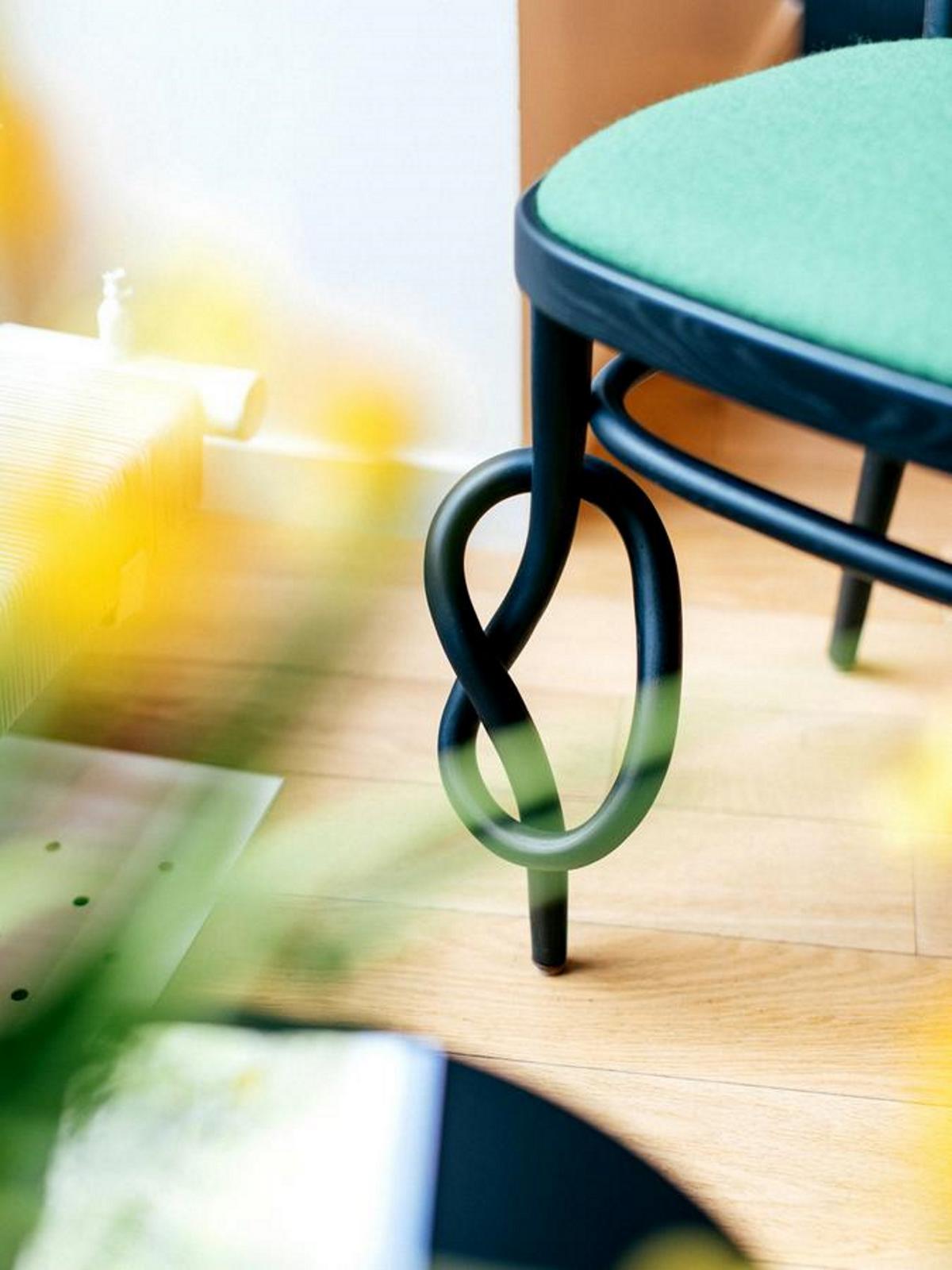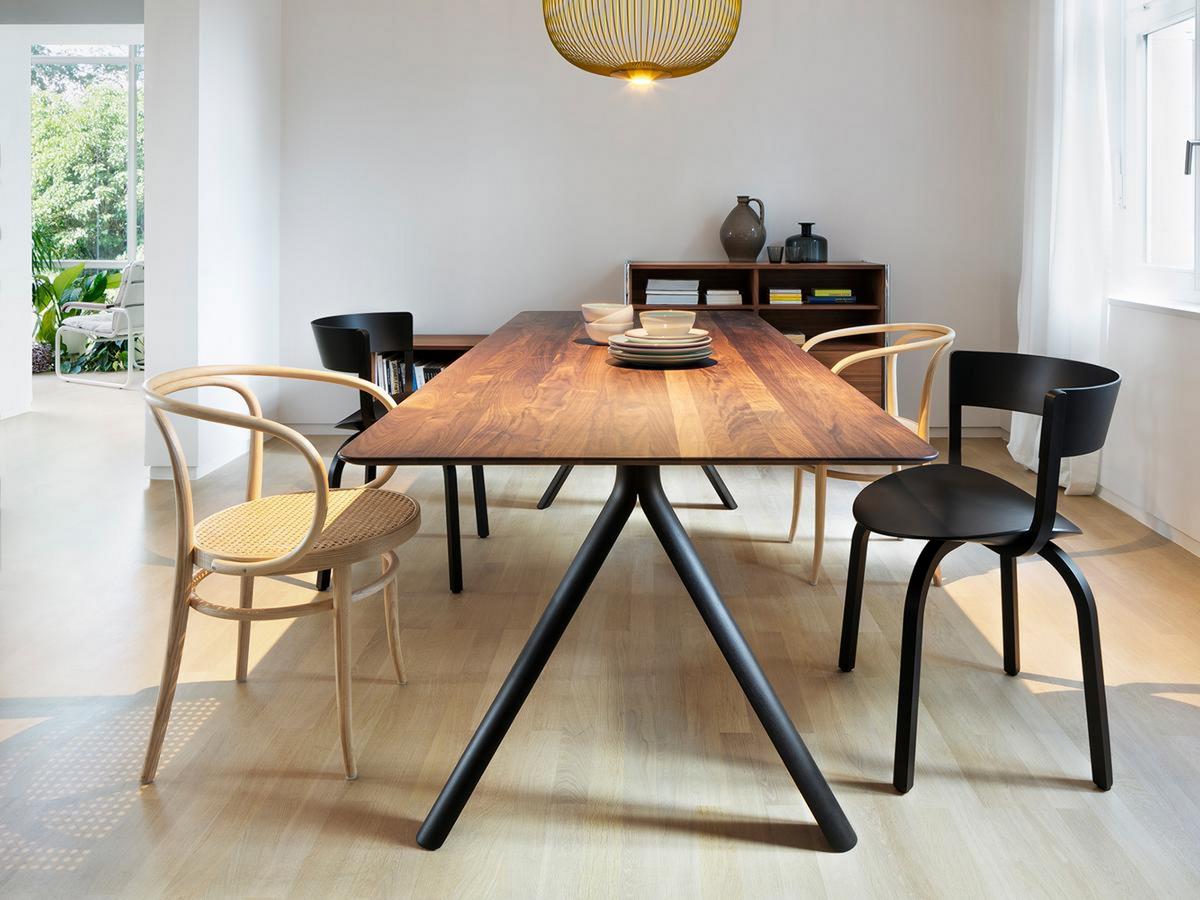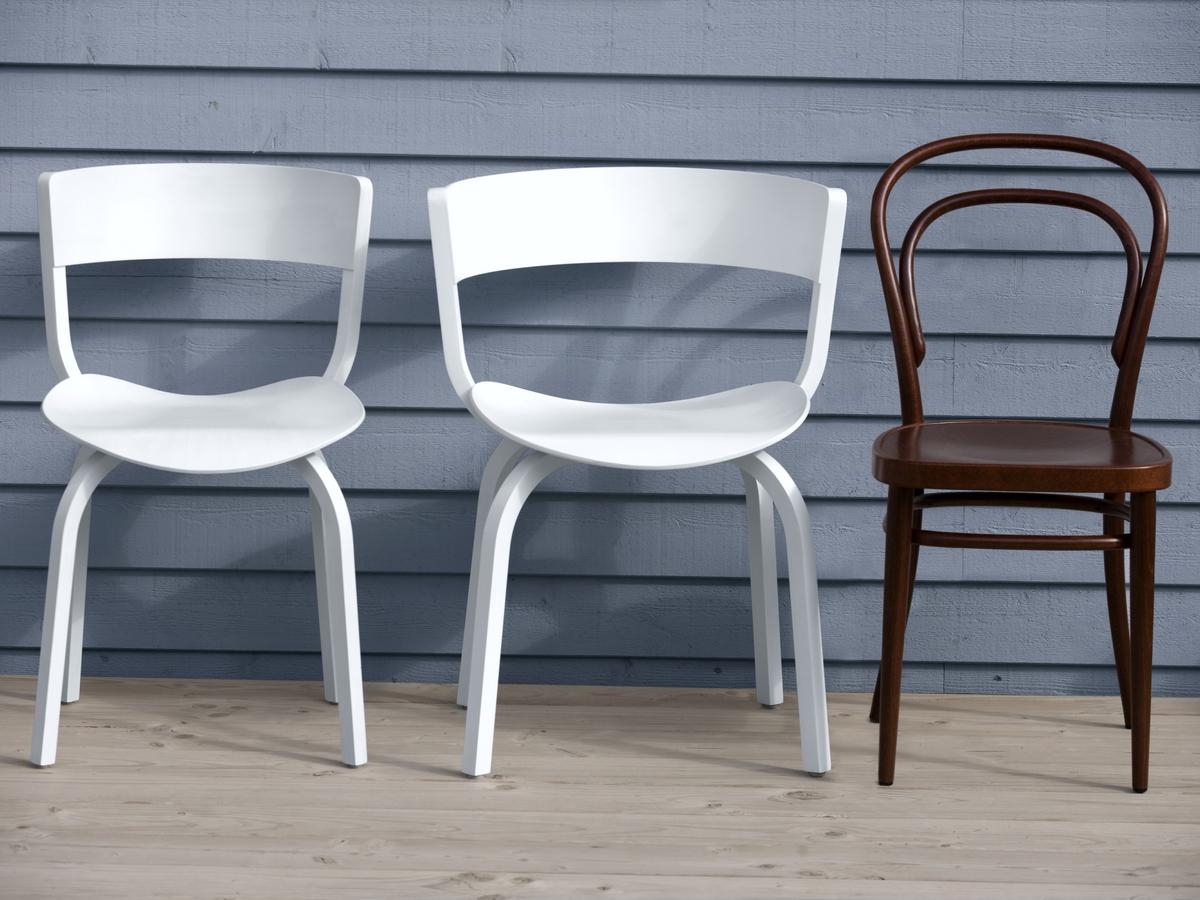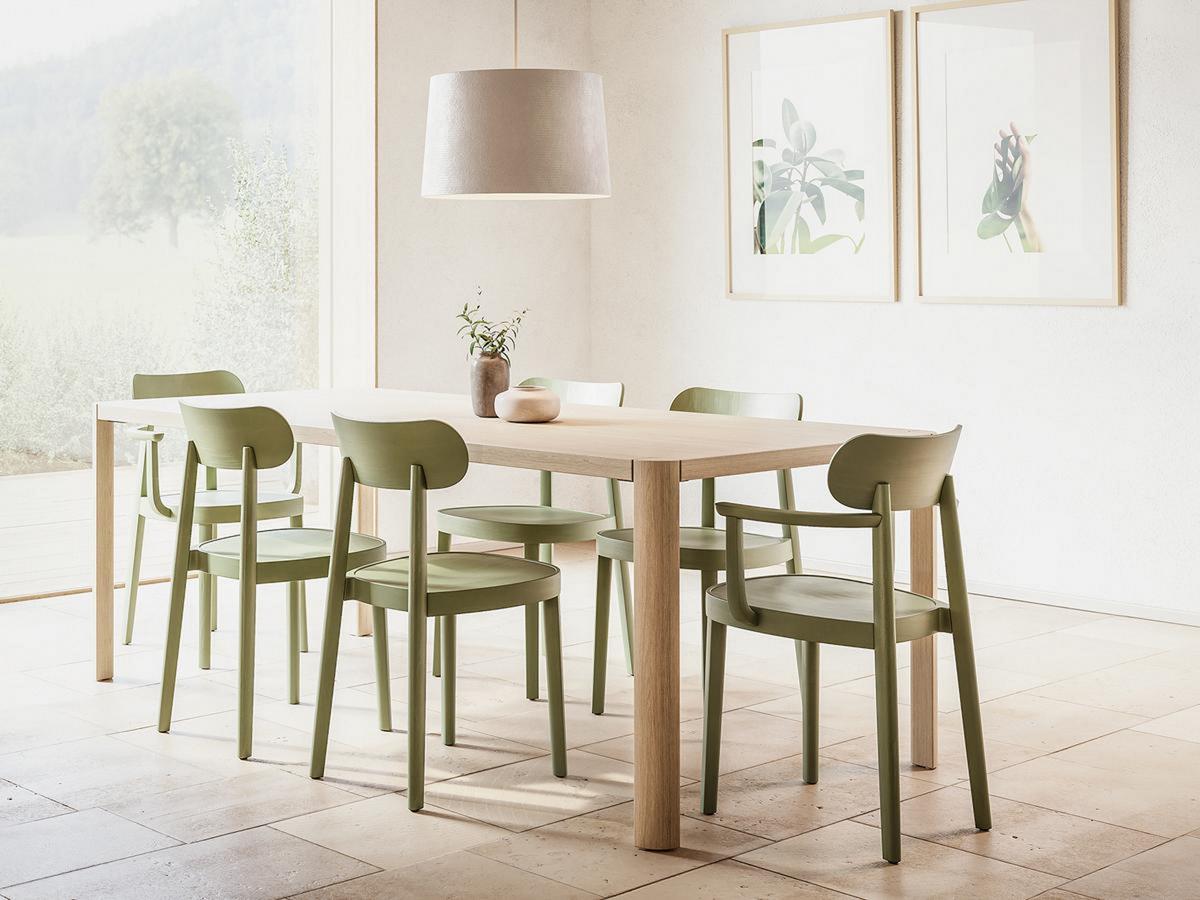Thonet Coffeehouse Chairs
The origin of industrial furniture production - the Thonet coffee house chairs
The so-called coffee house chairs, above all the original Viennese coffee house chair No. 14/214, not only established the continued success of the Thonet furniture company in the middle of the 19th century, but were also the first mass-produced chair designs in the history of furniture.
In addition to the classics of the 19th century, such as the Thonet 214/214 M or the 209/210, the Thonet coffee house chairs now also include the Thonet 118/118 M by Sebastian Herkner with which the designer refers directly to the Thonet classic no.14 /114 .
The Viennese coffee house chair no.14 - an industrial product par excellence
The Thonet chair Nr. 14, which is produced today with the model number 214, helped Michael Thonet achieve his breakthrough in 1859 and by 1930 had sold 50 million times worldwide. With its slim, no-frills shape, the 214 coffee house chair won the bronze medal of the1862 London and the gold medal of the 1867 Paris World Exhibitions. Legend has it that a chair #14 on its way to the restaurant atop of the Eiffel Tower, crashed to the earth. Unscathed. The Viennese coffee house chair became a symbol of its era and, thanks to its unbroken success, has shaped the image of European coffee house culture up to the present day.
The bentwood process
The basis of the Thonet coffee house chairs and their success is the so-called bentwood process, which is used to make wood pliable under the action of water vapour and glue. After years of experimentation, Thonet was able to perfect the process in the 1850s and finally received a patent in 1852. The technology used in the coffee house chairs was revolutionary in numerous respects.
Unimagined possibilities
The bentwood process not only enabled the curved shape that was characteristic of the coffee house chairs, and which was completely new at the time, but also made production and sales particularly effective. Thanks to the innovative technology, the coffee house chairs could be produced industrially in series, and were even then known as “consumer furniture” as mass-produced items. In addition, the Thonet chairs were sent in individual parts and only assembled on location. This made it possible to ship 36 chairs in a box of just one cubic meter.

